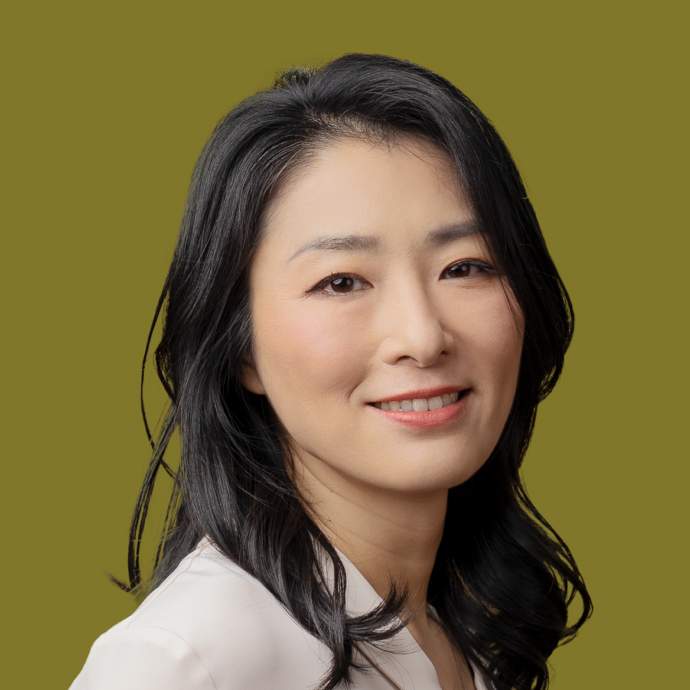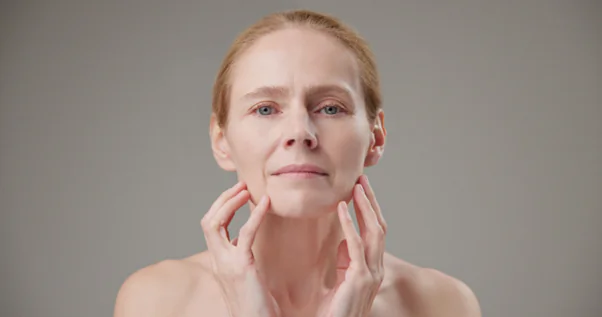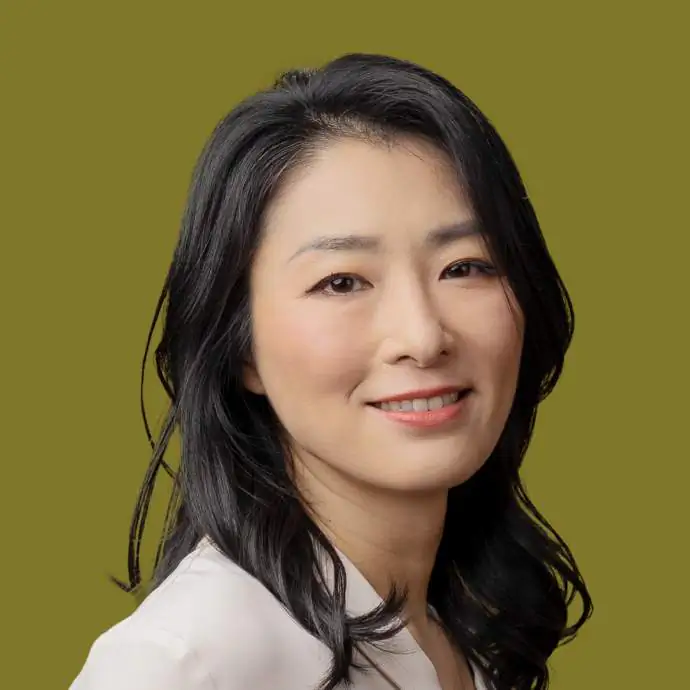Sometimes, women seem to age rapidly instead of gradually—an effect some call “precipitous aging.”
Yu Ya-wen, director of the Shang Xi Chinese Medicine Clinic in Taiwan, shared three essential anti-aging strategies to help prevent seemingly accelerated aging.
A Period of Rapid Aging
According to a 2022 study published in Frontiers in Medicine, women experience the fastest skin aging between the ages of 43 and 47. This period is marked by more age spots, darkened skin tone, and more pronounced wrinkles. Yu noted that these findings align with the way that traditional Chinese medicine (TCM) describes aging in women.
TCM views women’s physiology as progressing in cycles of seven years, each marking a new life stage. According to the classic TCM text “Yellow Emperor’s Internal Classic,” signs of aging begin at “Five Sevens” (age 35), and by “Seven Sevens” (age 49), kidney essence is depleted, leading to the decline of fertility and the onset of menopause. The transitional phase, known as “Six Sevens” (ages 42 to 48), is described as the period of “three yang meridians declining,” signaling the body’s gradual shift into menopause.
Yu explained that the “three yang meridians” in TCM refer to the three yang meridians in the hands and the three in the feet, forming six meridians. These correspond to the functions of the stomach, large intestine, small intestine, bladder, gallbladder, and something called the “triple energizer” in TCM. As these yang meridians decline, the functions of these organs gradually weaken as well.
In TCM, the body’s internal organs are categorized into two main types: zang (solid organs) and fu (hollow organs). The five zang organs—heart, liver, spleen, lungs, and kidneys—store vital essence and energy. These organs are solid and located within the chest and abdomen. Meanwhile, the six fu organs—gallbladder, stomach, large intestine, small intestine, triple energizer, and bladder—are hollow organs, also found within the chest and abdomen. Their primary functions involve digestion, nutrient absorption, and waste excretion.
TCM has a saying, “After 40, the yin essence is half gone.” This means that after age 40, a woman’s body begins to lose the nourishing yin fluids and hormones. As the three yang meridians all pass through the head and face, the sweat and sebaceous glands also start to shrink. As a result, outward signs of aging appear: Skin may become rough or lose elasticity and moisture, and hair may change from oily to dry or become sparse and gray. At the same time, menstrual flow and menstruation frequency gradually decrease.
Increased Risk of Cardiovascular Disease
Yu warned that “precipitous aging” is reflected not only in physical appearance, but also in a rapid increase in the risk of cardiovascular diseases. This is primarily because of the decrease in female hormones, which play a crucial role in maintaining cardiovascular expansion, elasticity, and health. Once these hormones decline, the risk of developing cardiovascular diseases rises significantly.
According to a 2020 scientific statement from the American Heart Association, women experience a significant increase in cardiovascular disease risk during the transition to menopause because of a decline in female hormone levels. This period is also marked by symptoms such as night sweats, hot flashes, anxiety, and sleep disturbances.
Yu emphasized that cardiovascular diseases in women often do not manifest as clearly as in men. When men have high blood pressure, it is usually accompanied by noticeable symptoms such as chest tightness or pain, which triggers alertness. In contrast, women with high blood pressure often experience fatigue, chest discomfort, and shoulder or back pain, which are commonly mistaken for everyday tiredness or the strain of household chores, leading to delays in seeking medical attention. Studies have shown that those who experience more severe hot flashes are at a higher risk of cardiovascular disease.
3 Keys to Slowing Aging
Sleep, diet, and exercise are three key factors that may help prevent accelerated aging, according to Yu.
1. Sleep
Sleep is a crucial time for the body to secrete hormones. Yu recommended going to bed between 10 p.m. and 10:30 p.m. and entering deep sleep by 11 p.m. This helps promote the normal secretion of hormones. However, because of the high pressure from work in modern life, many people are still active at 11 p.m., severely disrupting the body’s self-repair mechanisms.
2. Diet
At about the time of menopause, the body experiences accelerated collagen loss, leading to dry, dehydrated skin. Many people choose to supplement with collagen in hopes of restoring a youthful, plump appearance. However, Yu cautioned that collagen must be broken down into amino acids before it can be absorbed. Instead of taking collagen powder, consuming high-quality proteins from sources such as pork, chicken, and fish is better.
Also, collagen synthesis requires vitamin C as a coenzyme. Yu recommended drinking a glass of orange juice after meals to help boost collagen production. Furthermore, nutrients need to be transported through the body by the flow of qi and blood. To support this, it’s beneficial to supplement with goji berries and red dates, which nourish both the heart and kidneys. These can help protect cardiovascular health and promote blood circulation.
3. Exercise
There are many ways to promote qi and blood circulation, such as exercise, acupuncture, massage, and spa treatments. The essential oils used in spas can stimulate the secretion of endorphins, improving mood and enhancing sleep quality.
Research shows that exercise offers significant benefits for skin rejuvenation, including improving skin elasticity, boosting metabolism, and enhancing overall health.



